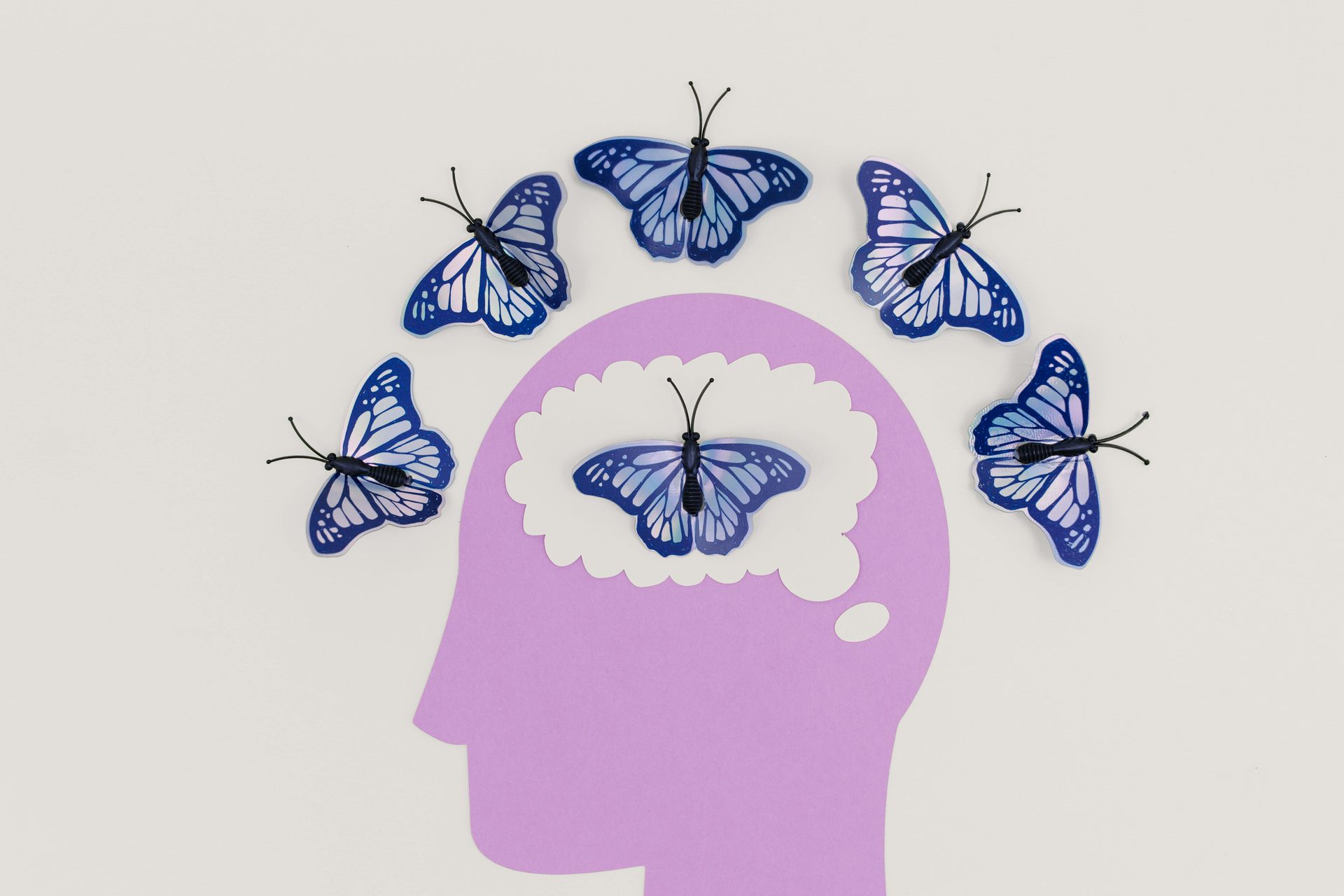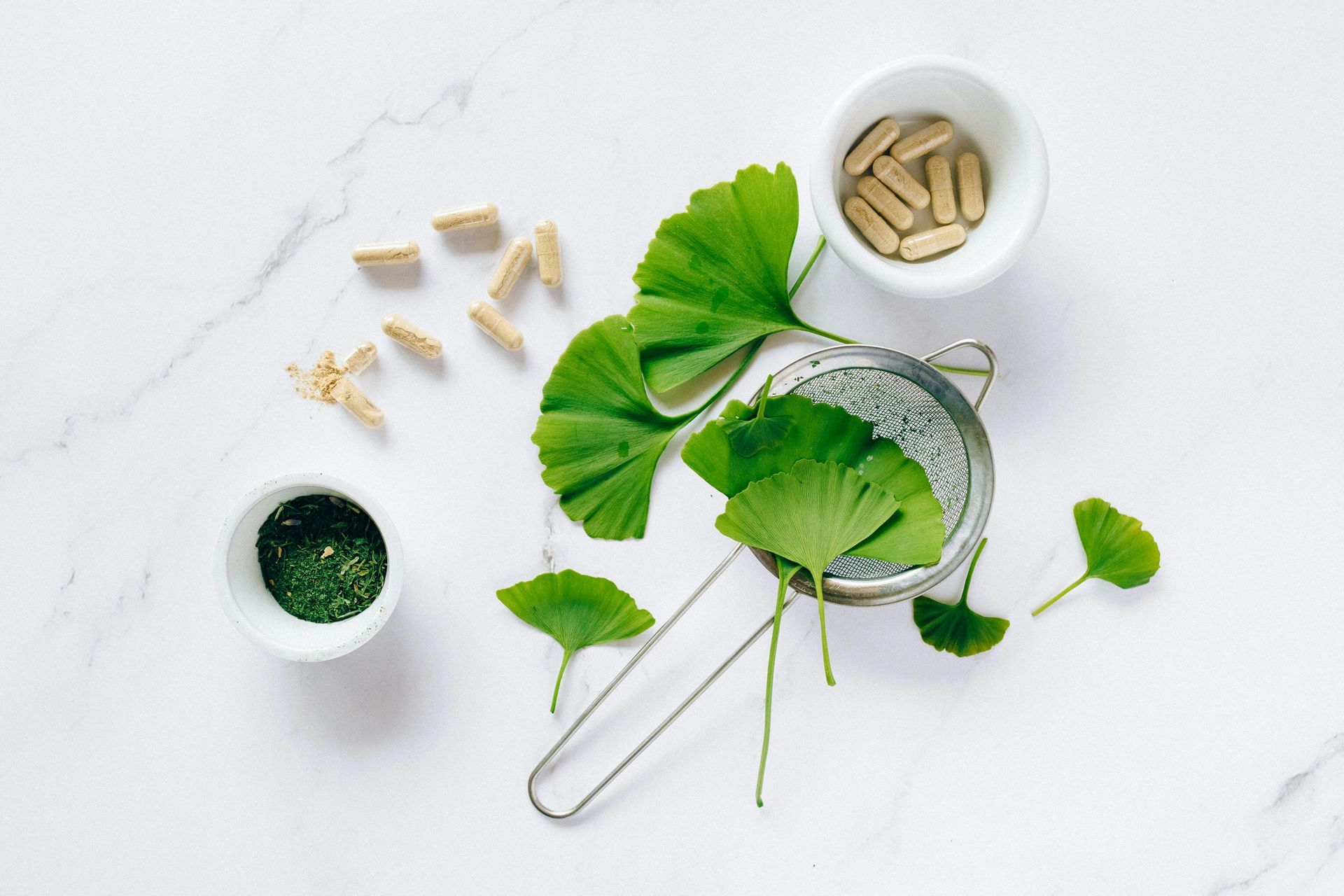The THICCC Blog: Thiccc Tips
MECH: Mindful Execution for Cognitive Health

The average age that neurodegenerative diseases present themselves is 72 years for Alzheimer's, and 60 years for Parkinson’s. It was been reported that these diseases will affect double the amount of people aged 60 and older in the next 35 years. Both lifestyle choices and diet factors have accounted for at least 70% of effects leading to neurodegenerative diseases while genetics only account for 35% (Wyss-Coray, 2016). It has been shown that the earlier the prevention, the lower the risk for developing neurodegenerative diseases. Interventions as early as 8 years prior to the average diagnosis can reduce the risk of developing neurological diseases by 17% each year.
This is why I've suggested a plan called the MECH plan. The MECH plan stands for Mindful Execution for Cognitive Health. It takes both diet and lifestyle factors into consideration, suggesting a diet and lifestyle plan that is best implemented as early as possible for the best outcome. The MECH plan can be the answer to spending more time with our loved ones instead of helping find treatment for their neurological disease.
A diet full of fruits, vegetables, and healthy fats is the best way to prevent cognitive decline. 50% of the diet should include fruits and vegetables, while lean protein should be 25%. The diet plan included in the MECH plan consists of vegetables, focusing on dark leafy greens which provide Vitamin K, Lutein, Folate, and beta carotene. These nutrients help slow cognitive decline (Jennings, 2021). One serving a day has shown lower brain aging but 6 servings weekly will give maximum benefits.
Fruits included in the MECH diet focus mainly on blueberries and oranges. Blueberries contain antioxidants that help improve communication between brain cells. A study showed that consumption of blueberries had the slowest rate of cognitive decline (Mayo Clinic, 2019). One cup of blueberries daily is part of the MECH diet. Oranges are also beneficial because of their high levels of Vitamin C. The Vitamin C helps fight free radicals that damage brain cells and protects against depression, schizophrenia, and Alzheimer’s (Jennings, 2021). One orange a day has enough Vitamin C to support brain health and should be included in the MECH diet. Other foods that have the same effect are bell peppers, guava, kiwi, tomatoes, and strawberries.
Healthy fats are also an important ingredient for memory, learning, and overall brain health. For protein and fat sources, fatty fish to include salmon, tuna, and herring are important due to their high levels of Omega-3 vitamins. These fatty acids contribute to 60% of fat in the brain which helps with building nerve cells, learning, and memory and hep ward of cognitive diseases (Jennings, 2021). The diet should include 8 ounces of fish weekly. If fish cannot be consumed, at least three servings a week should come from beans, legumes, lentils, and soy as they are other sources of protein. If more protein is needed, increase the amount to two servings daily. Eggs are also a great source of protein and choline. Choline is important as it aids in creating neurotransmitters that regulate mood and memory (Jennings, 2021). Eating 4 eggs a day is recommended on the MECH diet. Red meat should be avoided if possible or eaten sparingly.
Using other fatty sources like avocado and extra virgin olive oil or nuts and seeds is a way to get those healthy fats in the MECH diet. A study in 2014 showed that women who ate nuts regularly over the course of several years showed a sharper memory (Jennings, 2021). The MECH diet recommends at least two teaspoons of nuts daily.
Many diets state that caffeine is bad for consumption. While that might be true in larger amounts, caffeine found in green tea and coffee contain antioxidants that support brain health. Drinking 3-4 cups of coffee daily has been linked to a reduction of neurological diseases (Jennings, 2021).
Finally, while desserts are a staple at the end of mealtime, staying away from sugary, processed foods can aid in brain health. Dark chocolate is one dessert option as it contains caffeine and flavonoids which aid in memory and learning (Jennings, 2021). The MECH diet recommends 1-2 ounces.
While the MECH diet support brain health, sleep, exercise, and maintaining a health weight are also important factors. Getting enough sleep supports brain function and mental recovery to include attention and concentration, problem solving, emotional processing, and judgement (Suni, 2022). Getting 7-9 hours of sleep a night will improve brain health.
Excess body weight is a big contributor to Alzheimer’s disease and stroke because of the high amounts of visceral fat. Studies have shown that individuals with excess fatty tissue scored lower in cognitive speed tests (Segovia et al., 2019). Exercise stimulates physiological changes and can encourage growth factors which aid in creating new brain cells. 150 minutes a week is recommended while two those days being muscle strength focused. With all these lifestyle factors put in place, weight and brain health can improve.
It has been proven that lifestyle factors like diet, exercise, sleep, and weight can have a huge impact on cognitive health. Taking that information and making changes in those lifestyle factors to support cognitive health is key when fighting this disease. The MECH diet was created using that research and ensuring that prime interventions were included to effectively support cognitive health. Early intervention is also important because the earlier these lifestyle factors are implemented, the better the outcome.
- The Thiccc Trainer
Disclaimer: I am not a doctor, registered dietitian, or licensed clinical nutritionist. The information in this post is based on research and is provided for general education only. It should not be used to diagnose, treat, or prevent any condition, and it may not be appropriate for your individual needs. Please speak with your physician or a registered dietitian before making any changes to your nutrition, training plan, or lifestyle.
Share
The THICCC Blog


